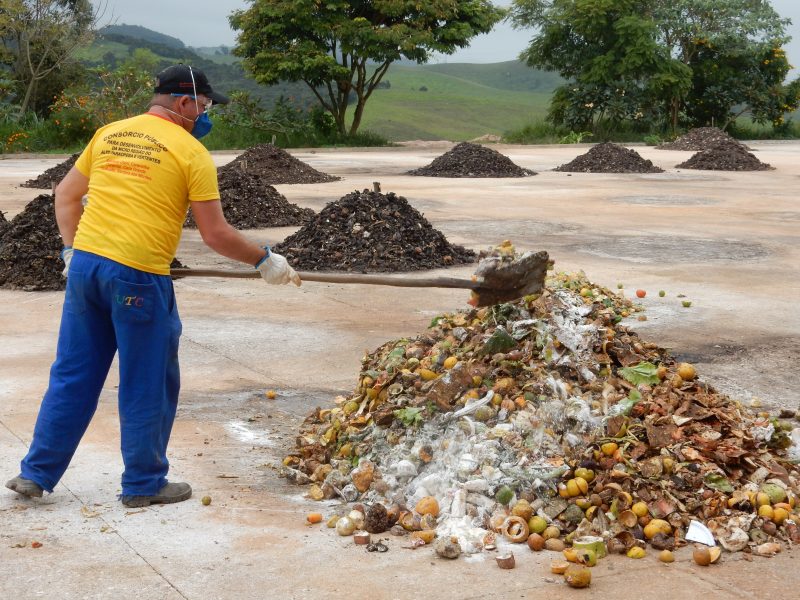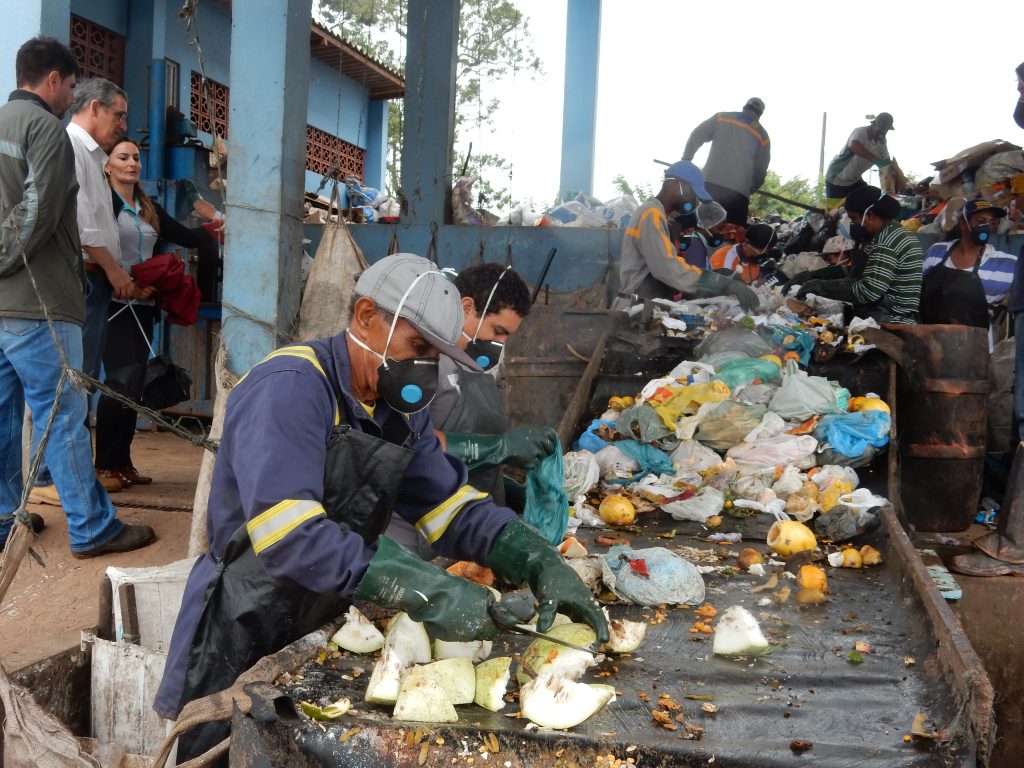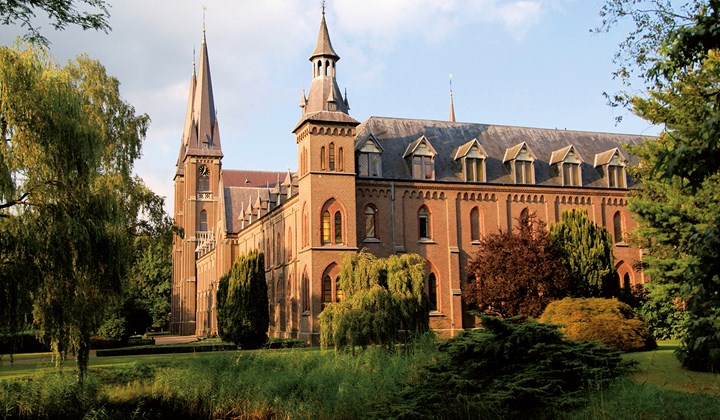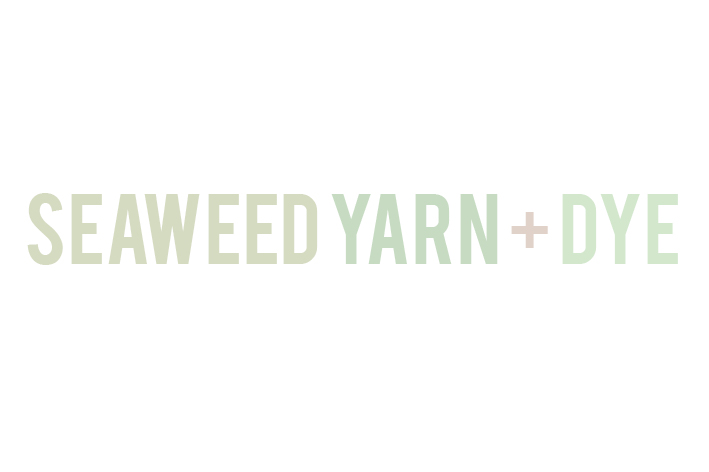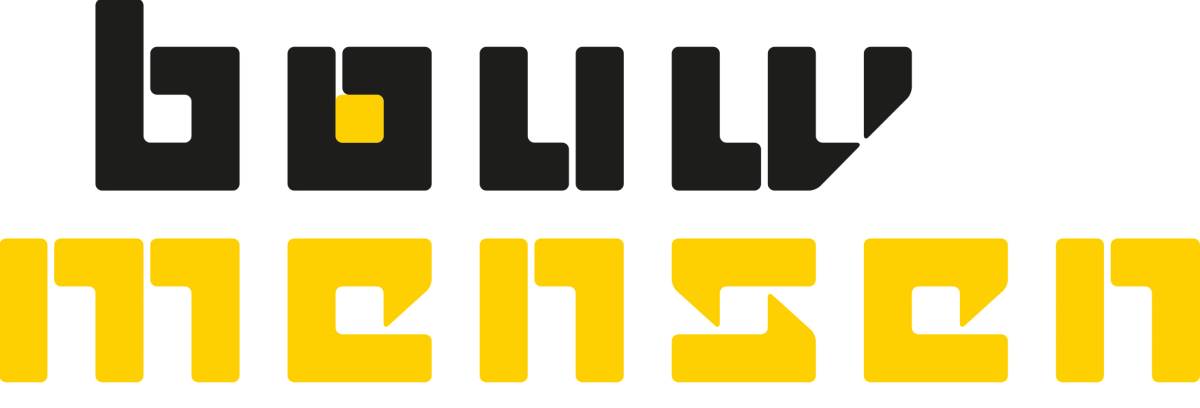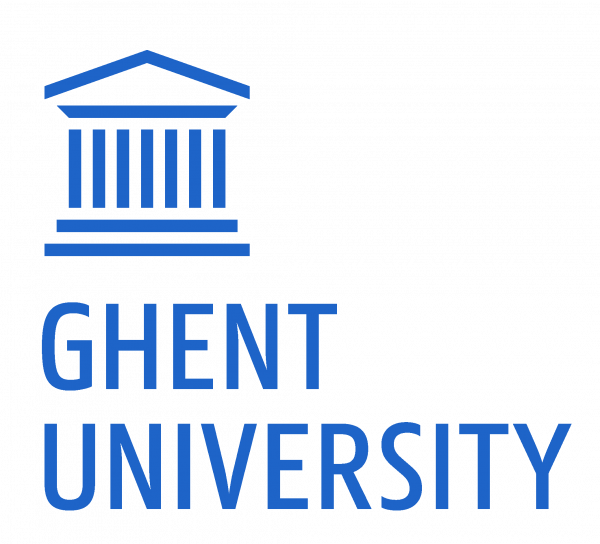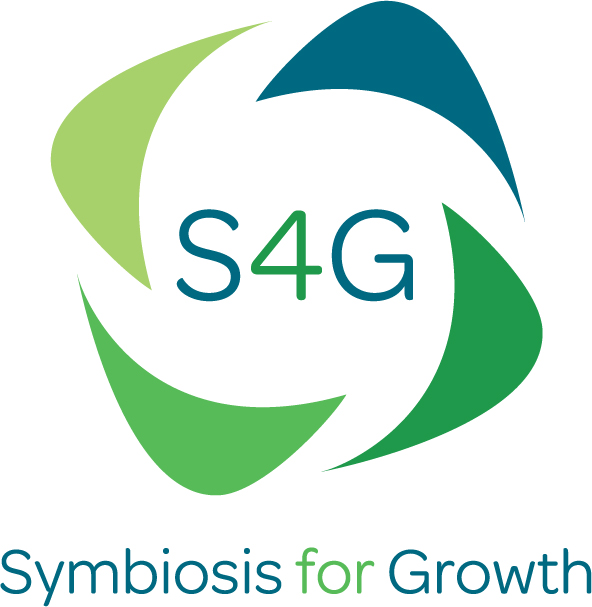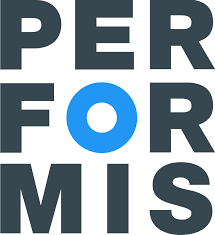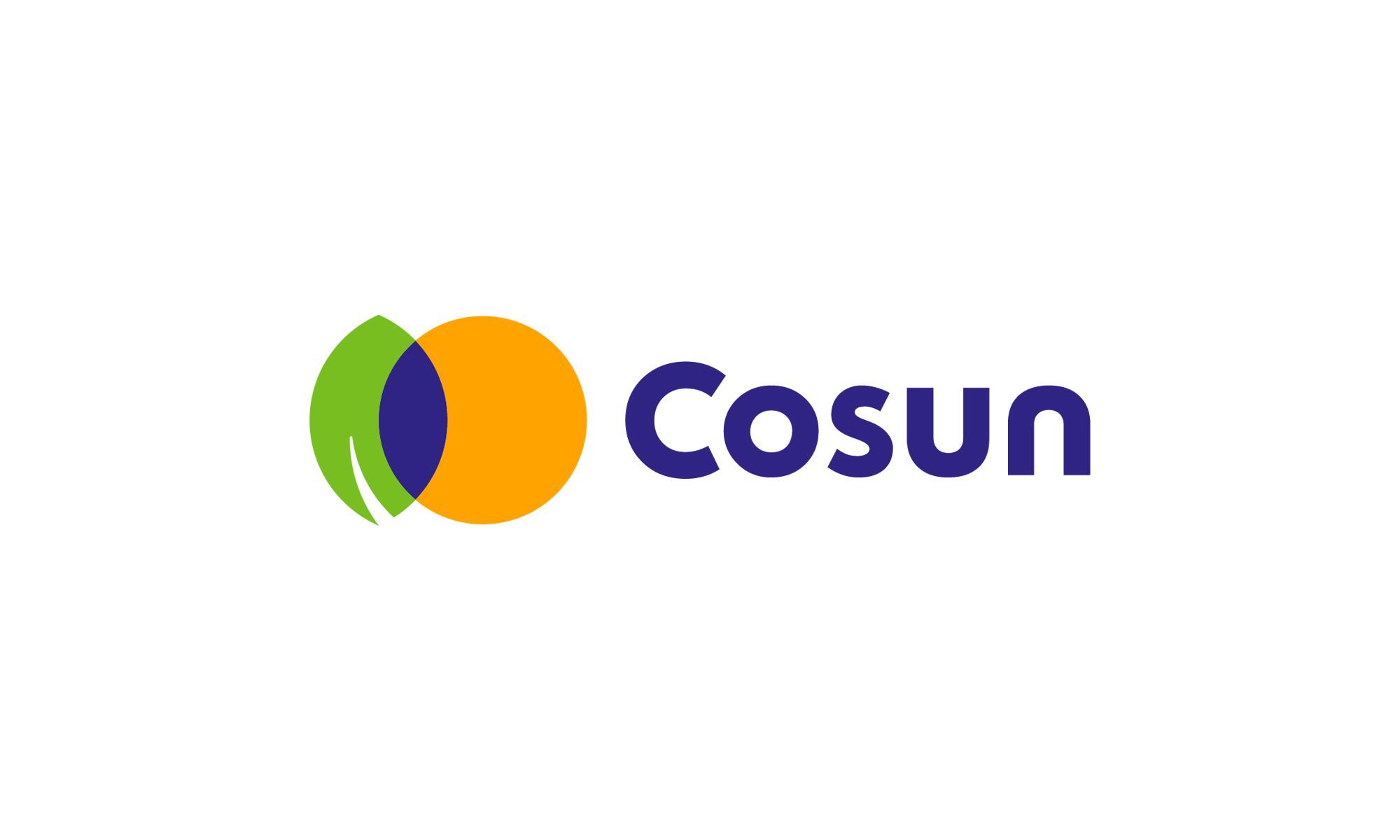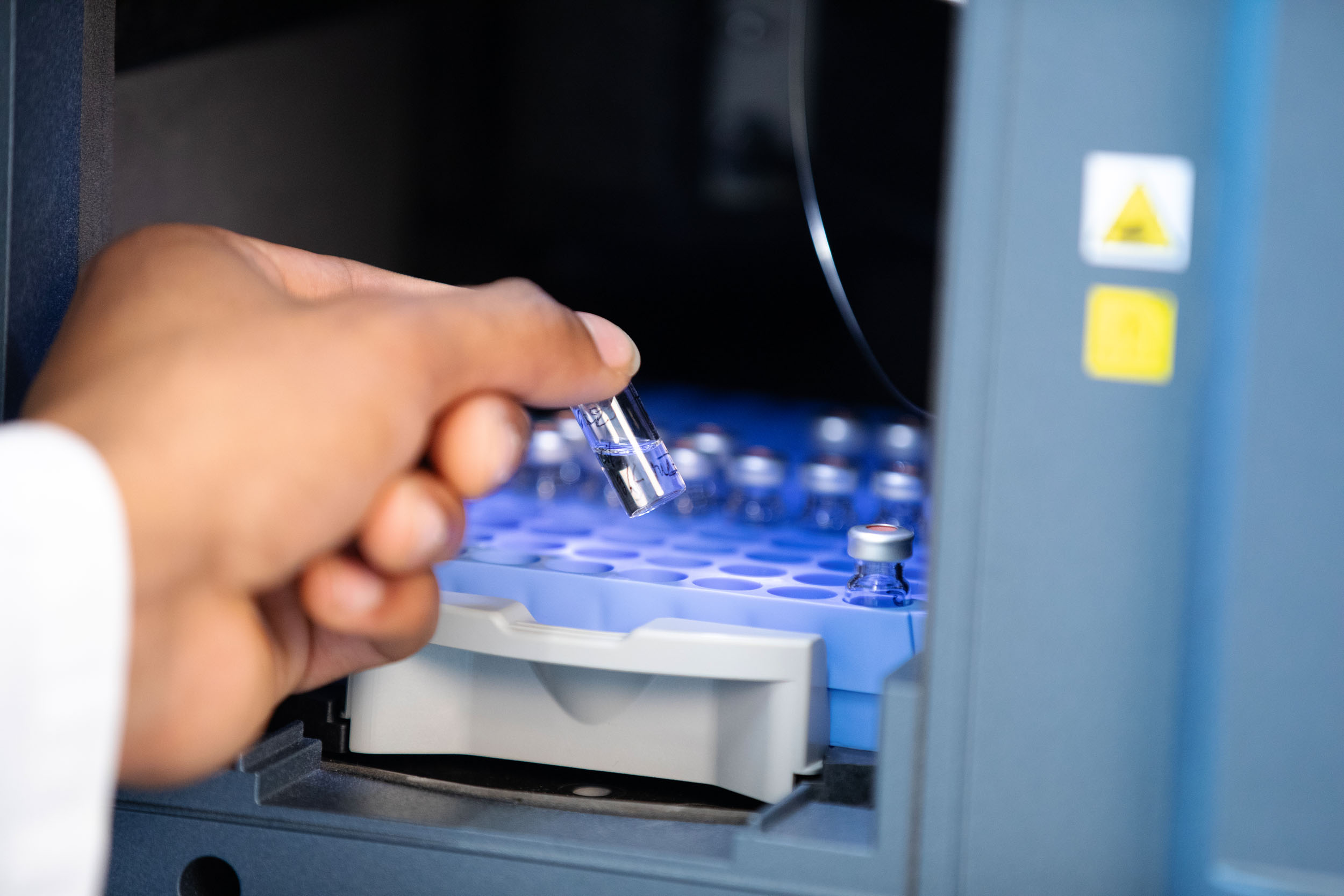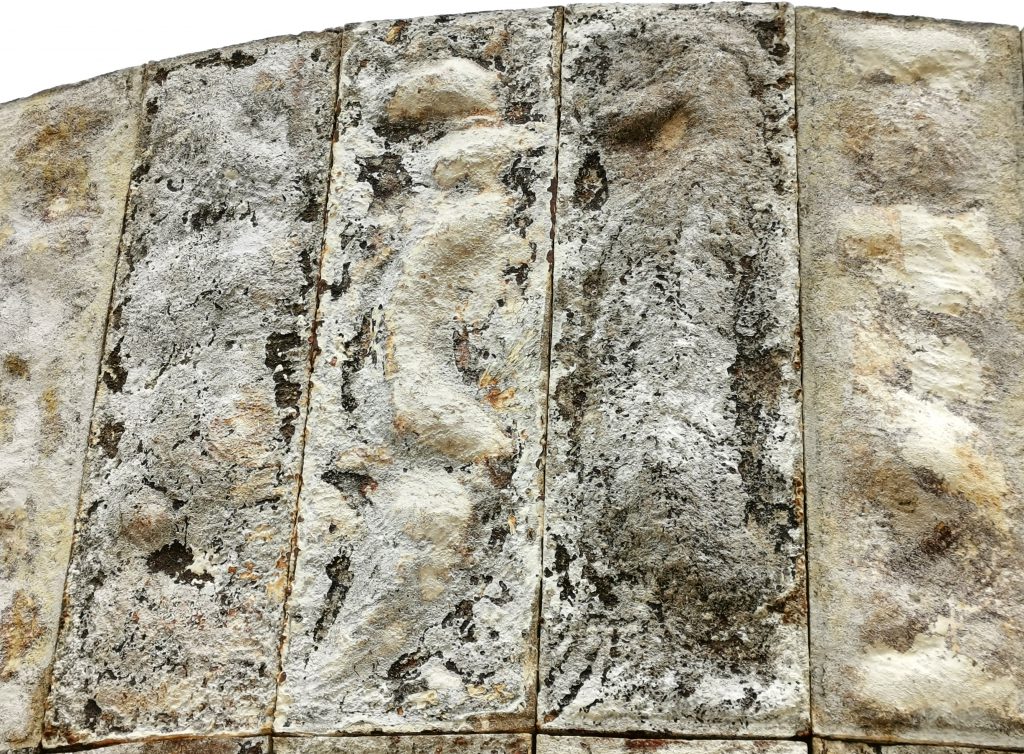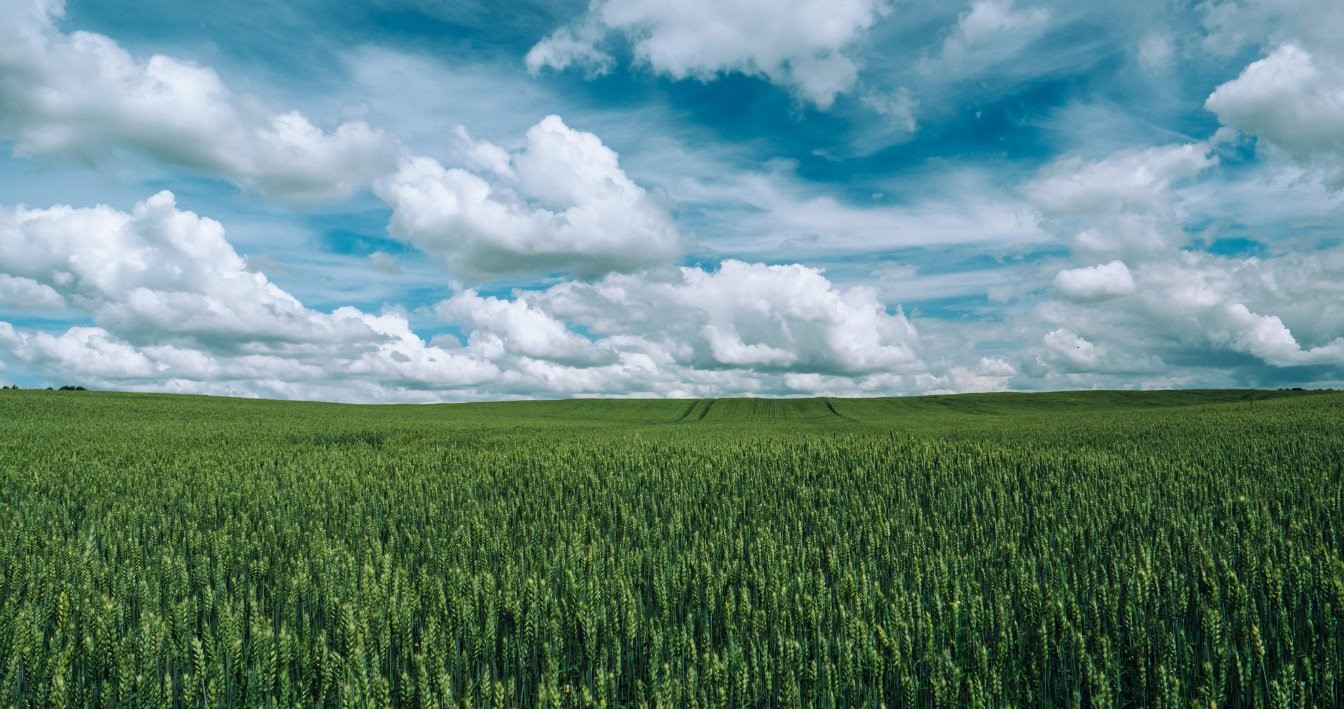In this project, two Dutch SMEs (Dutch Waste Management, Virida) and two educational institutions (Avans Hogeschool and Universidade Federal de Minas Gerais-UFMG) decided to join forces and take up the challenge to come up with an action plan for realization of proper collection and treatment of municipal organic waste in Minas Gerais. Based on an inventory of the current situation, the action plan describes which steps are required to achieve this, which subsidies are available for this and what the role of Dutch companies can be in this process.
Action plan for processing and applying organic waste
In a first step, the current situation of the collection, separation, processing and destination of household organic waste was mapped out. The bottlenecks in this process were also examined. The inventory was necessary because the current situation had not yet been mapped out sufficiently.
An action plan has been drawn up on the basis of the inventory (Management of urban organic waste in Minas Gerais – action plan). This action plan provides a summary of the current situation and describes a concrete step-by-step plan for a feasibility study into the processing and application of household organic waste. The inventory showed that it is still too early for a pilot. The action plan also includes an overview of available subsidy schemes for the feasibility study.
20170601 until 20190401




